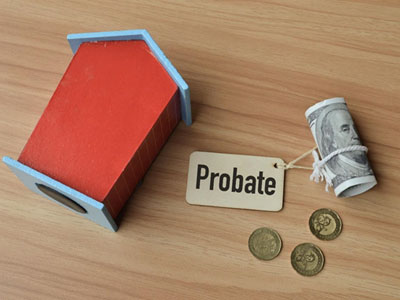Probate Law In New York: Understanding The Basics
 This article discusses:
This article discusses:
- What can be avoided in probate.
- What assets are subject to probate.
- The statute of limitations for probate.
What Assets Are Subject To Probate In New York?
This is a very commonly asked question about probate law cases.
Any asset that you own at the time of your death without any beneficiary designation, is not part of a joint account, or is not transferred into a trust is subject to probate.
Can I Avoid Probate With Some Of My Assets In New York?
You can avoid probate on nearly all assets in probate law in New York. There are many different ways to accomplish this, including:
- Creating a joint account, whether a checking or savings account;
- Having a brokerage account other than a retirement account;
- If a retirement account, you can name a beneficiary as you can name a beneficiary for other accounts and life insurance policies.
- Creating a trust, whether revocable or irrevocable.
If you were to transfer assets that you owned into the trust, you would relinquish ownership, meaning the trust assumes ownership of the assets when they are transferred into the trust. Since the trust owns the assets, the provisions of the trust will determine who will receive those assets upon your passing.
Trusts include provisions that are nearly identical to last will and testaments, outlining not only what can happen during the lifetime of the person who transfers assets, but what assets can be distributed during that person’s lifetime also. The trust would also instruct where assets were to be distributed upon death as well, essentially acting as sort of a quasi beneficiary designation.
How Long Do You Have To Probate An Estate In New York State?
Technically, you do not probate an estate, you probate a will.
What happens is that when someone dies, the named executor would typically offer the last will and testament for probate, assuming they have one. If the named executor does not want to for whatever reason, the successor executor would typically offer the will for probate.
There are occasions where either the named executor or successor executor would want to offer the will for probate. If this is the case, you fall into what is called the administration CTA. This is where you offer an original will for probate, but it’s the beneficiaries of the will doing.
So to directly answer the question, there is no statute of limitations on offering will for probate. If somebone passes away and a petition for letters of administration is granted regardless of whether or not the person who petitioned knew of the will or not, you could actually probate a will 20 years after the death.
With the guidance of a skilled attorney for Probate Law Cases, you can have the peace of mind that comes with knowing that we’ll make it look easy. For more information on Probate Law in New York, an initial consultation is your next best step. Get the information and legal answers you are seeking by calling (516) 888-5381 today.

Call Now For A Personalized Evaluation
(516) 888-5381
